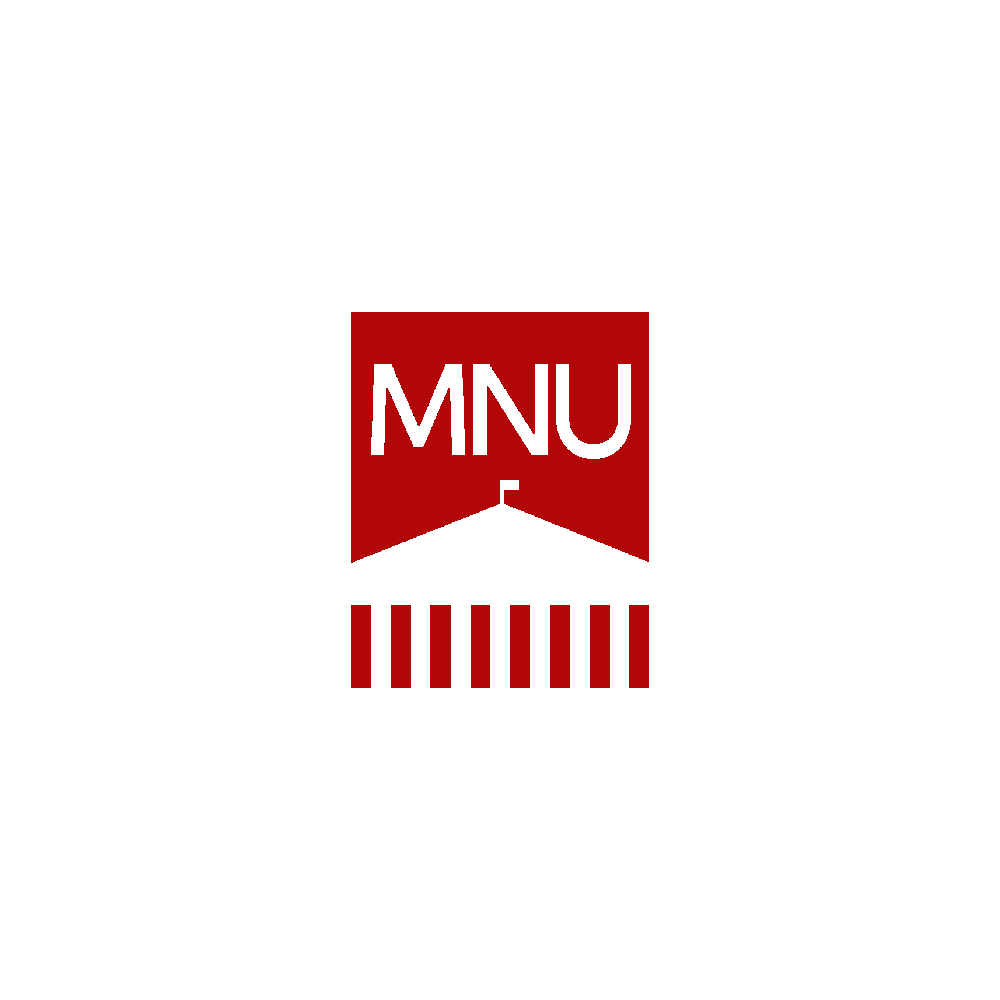

Bachelor’s Degree in Law
The Bachelor’s degree in Law programme has been developed in accordance with employer requirements and is based on the State Mandatory Educational Standards of the Republic of Kazakhstan.
|
Educational Programme
|
Language of Instruction
Total UNT Score – Admission Requirement
UNT Score Requirements for State Grant Competition
Requirements for UNT Profile Subjects
English Language Requirements
IELTS 2025-2026TOEFLPET/FCE/CAELaw 4 yearsK/R75125World History – 5, Fundamentals of Law – 103,0
Law 3 yearsK/RInterview-
No RequirementsNo Requirements
ECTS: 240 + 8
Duration:
4 years (for students entering after secondary education)
3 years (for students entering after secondary professional education)
Languages of instruction: Kazakh, Russian (some courses are offered in English)
LEARNING OUTCOMES
Graduates of the Bachelor’s degree in Law will be able to:
Understand the fundamentals of the constitutional system, the structure, functions, and principles of state bodies, as well as the essence, nature, and interaction of legal and governmental phenomena (LO 1).
Comprehend the role of law as a regulator of social relations, its functions, structure, and elements, as well as the patterns of state formation, governance methods, and the execution of modern state functions (LO 2).
Demonstrate proficiency in academic and business writing, distinguish between writing styles, draft legal documents correctly, and provide qualified oral consultations in Kazakh, Russian, and English (LO 3).
Apply substantive and procedural law to real-life situations, accurately qualify facts and circumstances from a legal standpoint, develop legal arguments and analyses, and construct problem-solving strategies for legal cases and situational tasks (LO 4).
Recognize the potential consequences of professional activities and take responsibility for them (LO 5).
Be proficient in fundamental programming languages, effective communication techniques, and their practical applications, ensuring clear and precise communication (LO 6).
Utilize critical thinking and independent problem-solving skills in addressing legal issues, both individually and as part of a team (LO 7).
Apply international and national legal norms to protect and uphold the rights and interests of individuals and legal entities (LO 8).
Independently search for, collect, and analyse legal and other relevant information, including materials from judicial practice (LO 9).
Understand criminal, administrative, civil, and disciplinary procedures (LO 10).
Demonstrate skills in applying alternative dispute resolution methods and legal techniques (LO 11).
Possess knowledge and practical skills in applying the legal norms of English and German law, as well as the legislation of other foreign jurisdictions (LO 12).
Make decisions and perform legal actions in full compliance with the law, demonstrating respect for legal norms and an intolerance for corrupt practices (LO 13).
The programme is recommended by:
Chamber of Legal Consultants “Kazakhstan Bar Association”
Chamber of Legal Consultants of Astana
Tel: +7(7172) 70 30 41
Mob.: +7(708) 744 13 92
Email: s_baymurat@kazguu.kz
The programme consists of seven modules, each designed to develop specific legal competencies:
This module comprises general education disciplines, including the Liberal Arts special module, which helps students develop broad social competencies. Some courses serve as prerequisites for core legal subjects. These disciplines are studied in semesters 1 and 2.
This module provides foundational knowledge and skills in legal theory and analytical reasoning. It includes courses such as “Theory of State and Law” (studied in semester 1), which serves as a prerequisite for all specialized legal disciplines. By semester 3, students engage in courses like “Technique of Legal Argumentation”, which enhances legal writing and argumentation skills. In semester 7, students may choose “Problems of Theory of State and Law”, a course designed to develop critical analytical skills in preparation for master’s-level studies.
This module covers public law disciplines, studied primarily in semesters 2 and 3. The structure ensures a logical progression—Constitutional Law is a prerequisite for subjects such as Civil Law, Criminal Law, and Procedural Law, while Administrative Law is studied before Administrative Procedural Law. This sequencing ensures a systematic and cohesive learning experience.
This module focuses on the core competencies of a corporate lawyer. The substantive law components begin in semester 2 and continue over seven semesters, while procedural law subjects are covered in semesters 5, 6, and 7. The module integrates private law disciplines and specialized courses designed to develop expertise in corporate and commercial law.
This module develops language competencies necessary for legal communication. Courses run from semester 1 through semester 3 and include both compulsory subjects (English for Specific Purposes) and elective options (Business English, TOLES Higher). The module enhances legal reasoning, professional conduct, and intercultural legal communication.
This module develops core competencies in human rights law. Substantive criminal law subjects are taught in semesters 3 and 4, while procedural law components are covered in semester 5. Following the 2017 educational reform, the module has been reduced to include only mandatory courses necessary for commercial lawyers.
This module is developed in collaboration with employers and is regularly updated to align with industry demands. It focuses on core competencies for specific legal professions and is studied primarily in semesters 6 and 7.